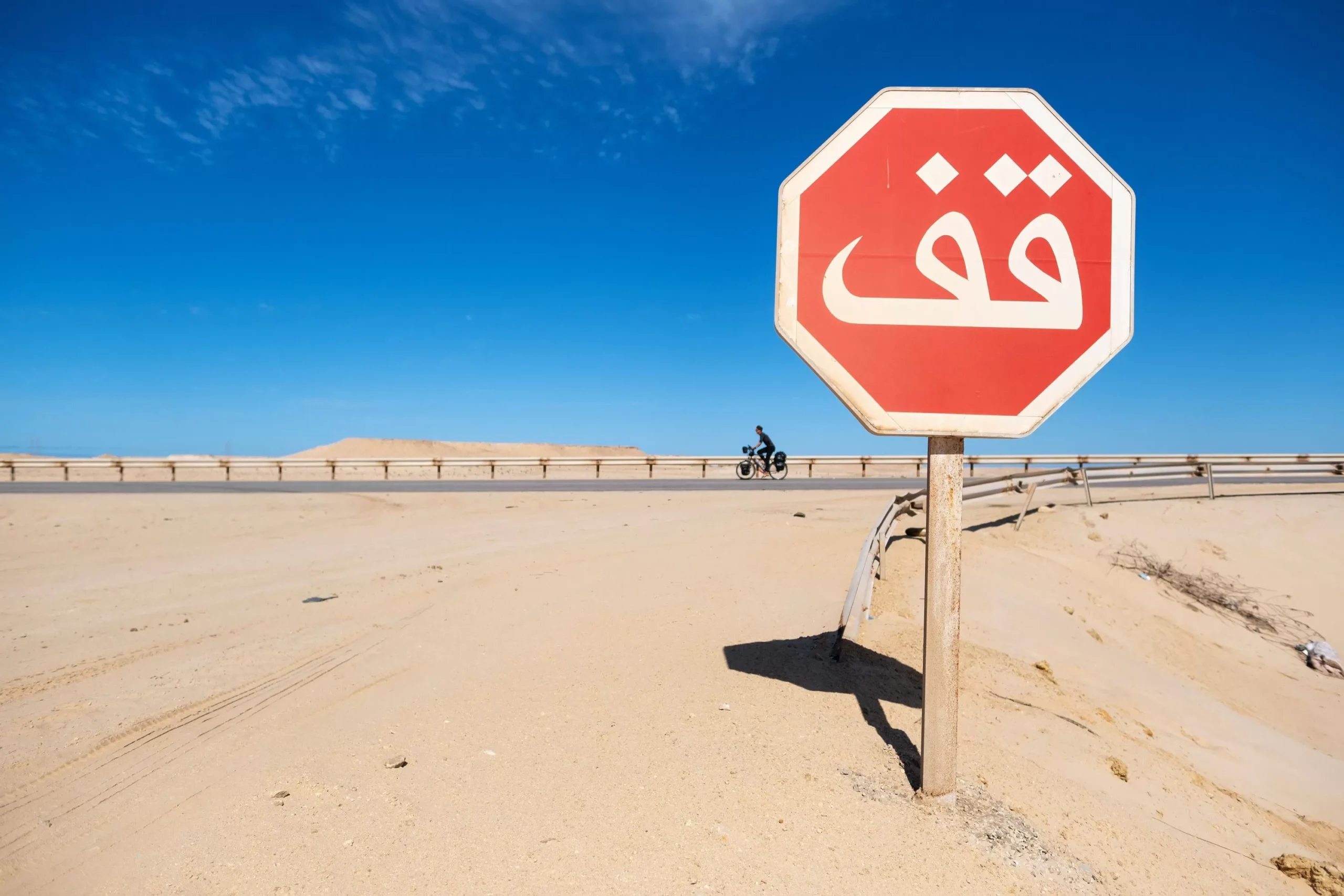Algeria has strongly condemned the recent decision made by the French government to recognize plans for Western Sahara’s autonomy under Moroccan sovereignty. This announcement, made on Thursday, has sparked outrage and disappointment among Algerian officials and citizens alike.
The French government’s decision comes as a shock to Algeria, as it has always been a staunch supporter of the Sahrawi people’s right to self-determination. For decades, Algeria has been a vocal advocate for the Sahrawi cause and has provided unwavering support to the Polisario Front, the Sahrawi liberation movement. This decision by France not only goes against the principles of self-determination and international law, but it also undermines the efforts of the Sahrawi people to achieve their long-awaited independence.
Algeria was informed of France’s decision through a statement issued by the French Foreign Ministry, which declared that France recognizes Morocco’s proposal for autonomy in Western Sahara as a “serious and credible basis for a negotiated solution.” This statement has been met with strong condemnation from Algeria, with the Algerian Foreign Ministry issuing a statement expressing its “deep regret” and “firm rejection” of France’s position.
The Algerian government has also called on the international community to reject this decision and to uphold the rights of the Sahrawi people. In a statement, the Algerian Foreign Ministry emphasized that “the Sahrawi people have the right to self-determination, and any solution to the conflict must be in accordance with international law and the principles of the United Nations.” This stance reflects Algeria’s unwavering commitment to the Sahrawi cause and its support for the Sahrawi people’s right to determine their own future.
Algeria’s condemnation of France’s decision is not only based on its support for the Sahrawi people, but also on the potential consequences of this decision. The recognition of Morocco’s autonomy plan could lead to further instability and conflict in the region. The Sahrawi people have been fighting for their independence for over four decades, and this decision by France could jeopardize their efforts and lead to a renewed cycle of violence and repression.
Moreover, this decision by France also goes against the will of the Sahrawi people, who have consistently rejected Morocco’s autonomy proposal. The Sahrawi people have made it clear that they will only accept a solution that guarantees their right to self-determination and independence. By recognizing Morocco’s plan, France is disregarding the wishes and aspirations of the Sahrawi people and undermining their struggle for freedom and justice.
Algeria’s condemnation of France’s decision is not only limited to words. The Algerian government has also taken concrete actions to show its support for the Sahrawi people. Algerian President Abdelmadjid Tebboune has announced that Algeria will increase its support for the Sahrawi people and the Polisario Front. This includes providing humanitarian aid, as well as diplomatic and political support to the Sahrawi cause.
In addition, Algeria has also called for an urgent meeting of the United Nations Security Council to discuss the situation in Western Sahara and the implications of France’s decision. Algeria, as a non-permanent member of the Security Council, has a crucial role to play in ensuring that the rights of the Sahrawi people are protected and that a just and lasting solution to the conflict is achieved.
In conclusion, Algeria’s strong condemnation of France’s decision to recognize Morocco’s autonomy plan for Western Sahara is a clear reflection of its unwavering support for the Sahrawi people and their right to self-determination. This decision not only goes against the principles of international law and the will of the Sahrawi people, but it also has the potential to escalate the conflict in the region. It is our hope that the international community will stand with Algeria and the Sahrawi people in rejecting this decision and working towards a just and peaceful resolution to the Western Sahara conflict.






![Complete BritRail Pass Guide [Types, How to Use It, Pros + Cons]](https://inside-news.uk/wp-content/uploads/2025/06/00221EB4-BCA2-4DBB-6CD4-83DBC37D71FA-120x86.webp)














